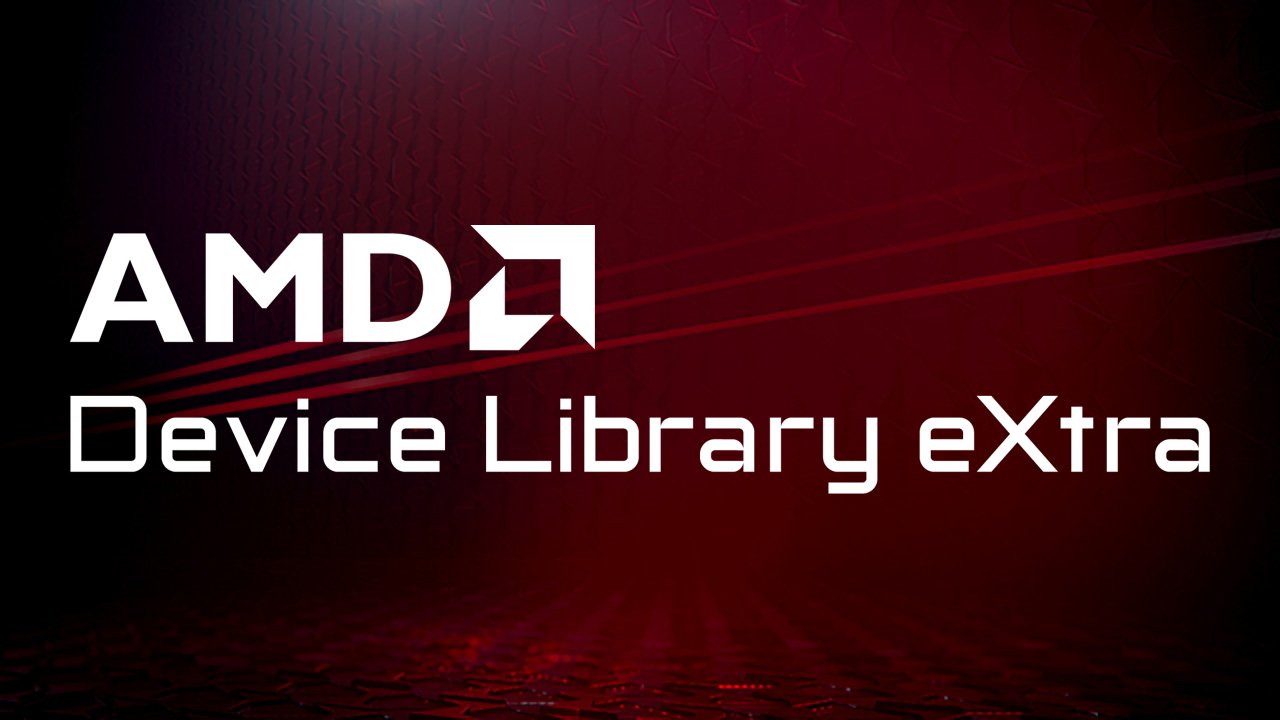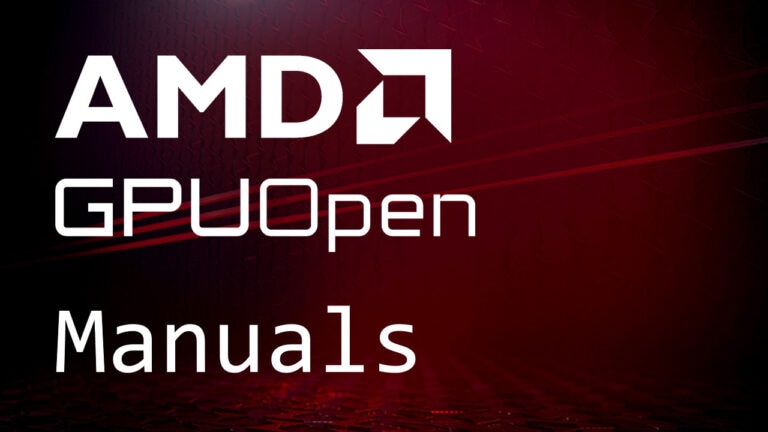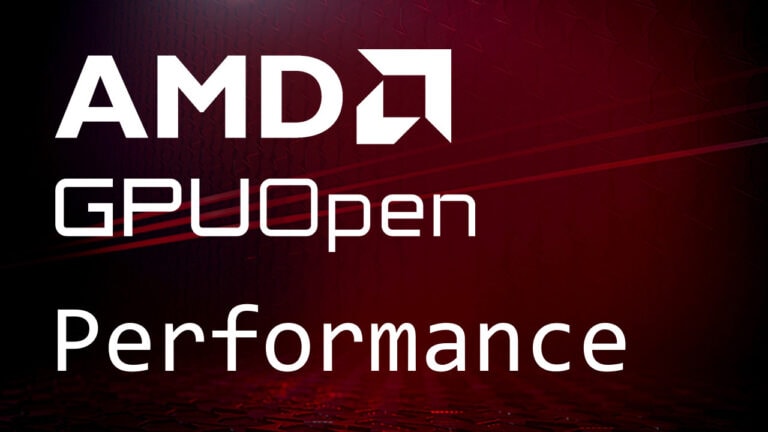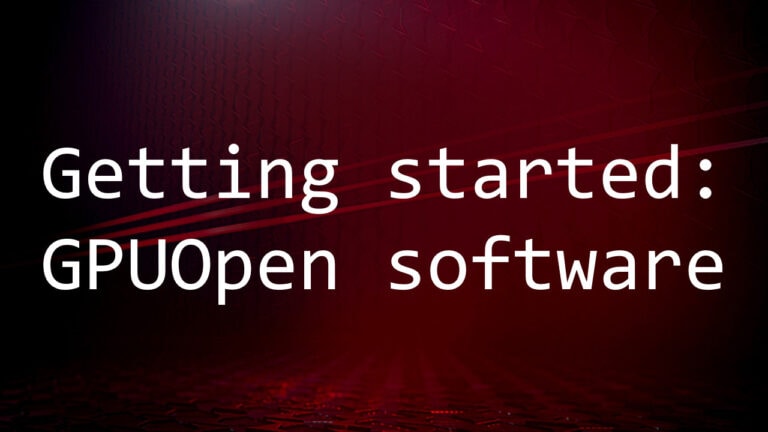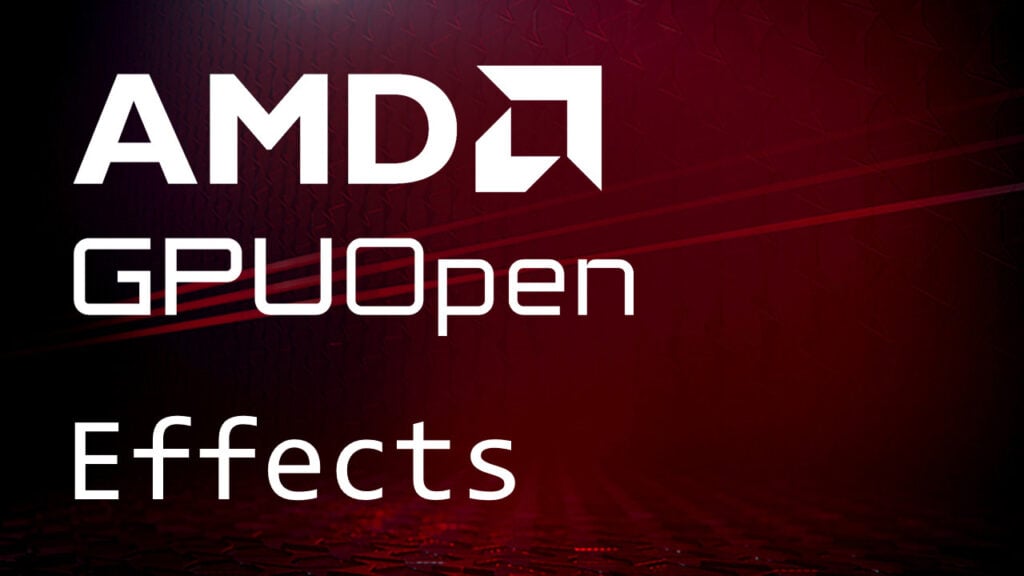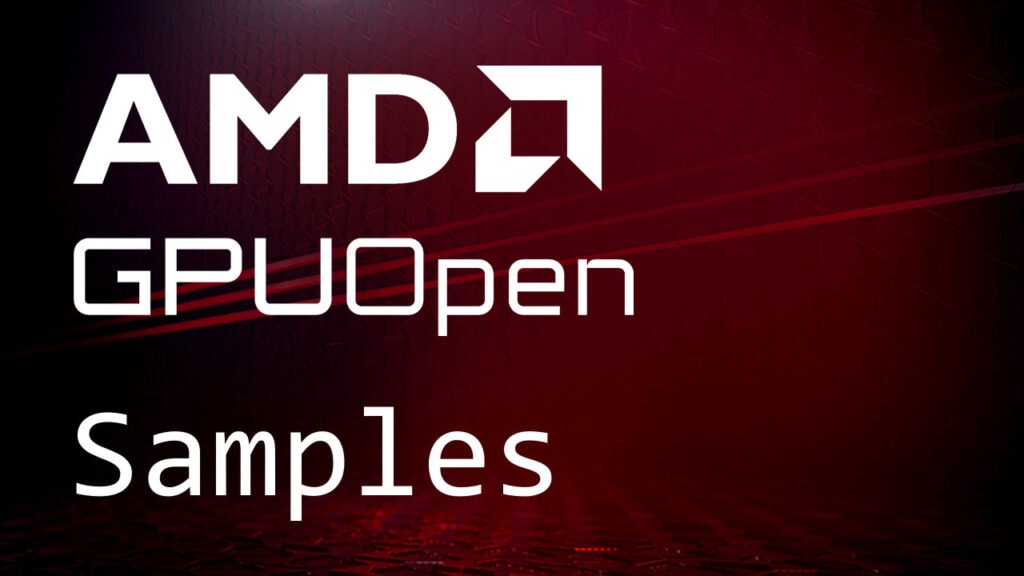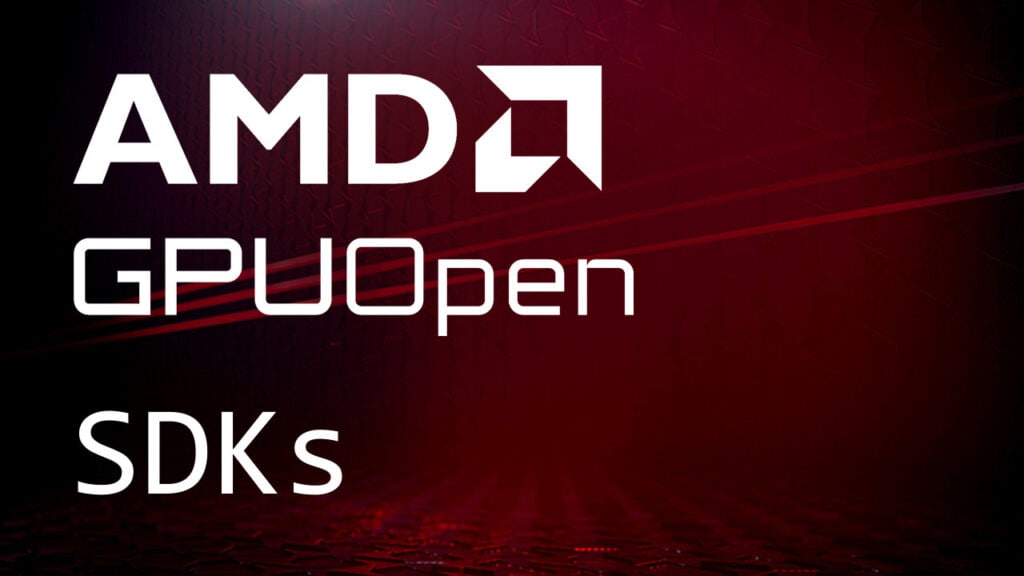DisplayEvents
Demontrates how to handle notifications about display change when programming with ADLX.
Sample Path
/Samples/csharp/DisplayEvents
Code
//
// Copyright (c) 2021 - 2025 Advanced Micro Devices, Inc. All rights reserved.
//
//-------------------------------------------------------------------------------------------------
using System;
using System.Collections.Generic;
using System.Linq;
using System.Text;
using System.Threading.Tasks;
using System.Threading;
namespace DisplayEvents
{
class mainDisplayEvents
{
static void Main(string[] args)
{
// Initialize ADLX with ADLXHelper
ADLXHelper help = new ADLXHelper();
ADLX_RESULT res = help.Initialize();
if (res == ADLX_RESULT .ADLX_OK)
{
// Get system services
IADLXSystem sys = help.GetSystemServices();
if (sys != null)
{
// Get display services
SWIGTYPE_p_p_adlx__IADLXDisplayServices s = ADLX.new_displaySerP_Ptr();
res = sys.GetDisplaysServices(s);
IADLXDisplayServices displayService = ADLX.displaySerP_Ptr_value(s);
if (res == ADLX_RESULT .ADLX_OK)
{
// Get displaychangedhandling
SWIGTYPE_p_p_adlx__IADLXDisplayChangedHandling ppDisChangeHand = ADLX.new_displayChangeHandlP_Ptr();
res = displayService.GetDisplayChangedHandling(ppDisChangeHand);
IADLXDisplayChangedHandling hand = ADLX.displayChangeHandlP_Ptr_value(ppDisChangeHand);
if (res == ADLX_RESULT .ADLX_OK)
{
// Callback for displayListChanged
DisplayListCallBack call = new DisplayListCallBack();
hand.AddDisplayListEventListener(call);
Console.WriteLine(String.Format("\\n\\n Plug or unplug a display within 20 seconds."));
try
{
Thread.Sleep(20000);
}
catch (Exception e)
{
// Exception
}
hand.RemoveDisplayListEventListener(call);
// Release display change handling interface
hand.Release();
}
// Release display services interface
displayService.Release();
}
}
}
else
{
Console.WriteLine(String.Format("ADLX helper initialization result: {0}", res));
}
// Terminate ADLX
res = help.Terminate();
Console.WriteLine(String.Format("ADLX Terminate result: {0}", res));
Console.ReadKey();
}
}
// Callback for display list changed
public class DisplayListCallBack : IADLXDisplayListChangedListener
{
public DisplayListCallBack()
:base(){}
// Override function
public override bool OnDisplayListChanged(IADLXDisplayList pNewDisplay)
{
uint size = pNewDisplay.Size();
Console.WriteLine(String.Format("\\nDisplay list changed, display list size: {0}", size));
uint it = pNewDisplay.Begin();
for (; it != pNewDisplay.Size(); it++)
{
SWIGTYPE_p_p_adlx__IADLXDisplay ppDisplay = ADLX.new_displayP_Ptr();
pNewDisplay.At(it, ppDisplay);
IADLXDisplay display = ADLX.displayP_Ptr_value(ppDisplay);
SWIGTYPE_p_p_char ppName = ADLX.new_charP_Ptr();
display.Name(ppName);
String name = ADLX.charP_Ptr_value(ppName);
Console.WriteLine(String.Format("The display [{0}]:", it));
Console.WriteLine(String.Format("\\tname: {0}", name));
display.Release();
}
return true;
}
}
}

